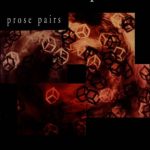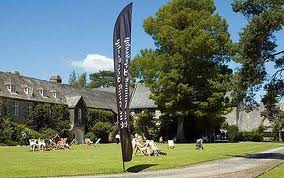 As I write my historical novel, I become more aware of the challenge of selecting the right words for the time period in which my novel is set, namely WWII. Recently, in a critique group, a member flagged the word “partner,” which I’d used to describe the man who is in a relationship with my female protagonist. Of course, she was absolutely right. “Partner” is too modern a word and takes the reader out of the time period. “Relationship” wouldn’t be right, either, but, fortunately, I didn’t use that.
As I write my historical novel, I become more aware of the challenge of selecting the right words for the time period in which my novel is set, namely WWII. Recently, in a critique group, a member flagged the word “partner,” which I’d used to describe the man who is in a relationship with my female protagonist. Of course, she was absolutely right. “Partner” is too modern a word and takes the reader out of the time period. “Relationship” wouldn’t be right, either, but, fortunately, I didn’t use that.
In recent years, as I’ve read various historical novels, I’ve noticed this problem more frequently, even as I make the same mistake myself. I read a novel set in 16th century Scotland and, in response to a “thank you,” one character said “no problem.” Problem.
Language has always evolved and changed (hence the term, “living” language), but I’ve had the sense that it’s shifting more quickly now. Regardless, it’s important to keep the fictive dream alive by using the right language for the historical period of my novel.
How do I try to do this?
- By reading novels that were written around that time, to try to implant in my own mind the way sentences were crafted and words were used,
- By relying on my critique group to point out words, phrases, sentences, that don’t ring true, and
- By seeking beta readers (when the time is right) to get their help, too.
Do any of you have other ideas to address this challenge?
Image Credit: https://www.123rf.com/photo_17197026_abstract-word-cloud-for-fiction-writing-with-related-tags-and-terms.html


 exists.”
exists.”